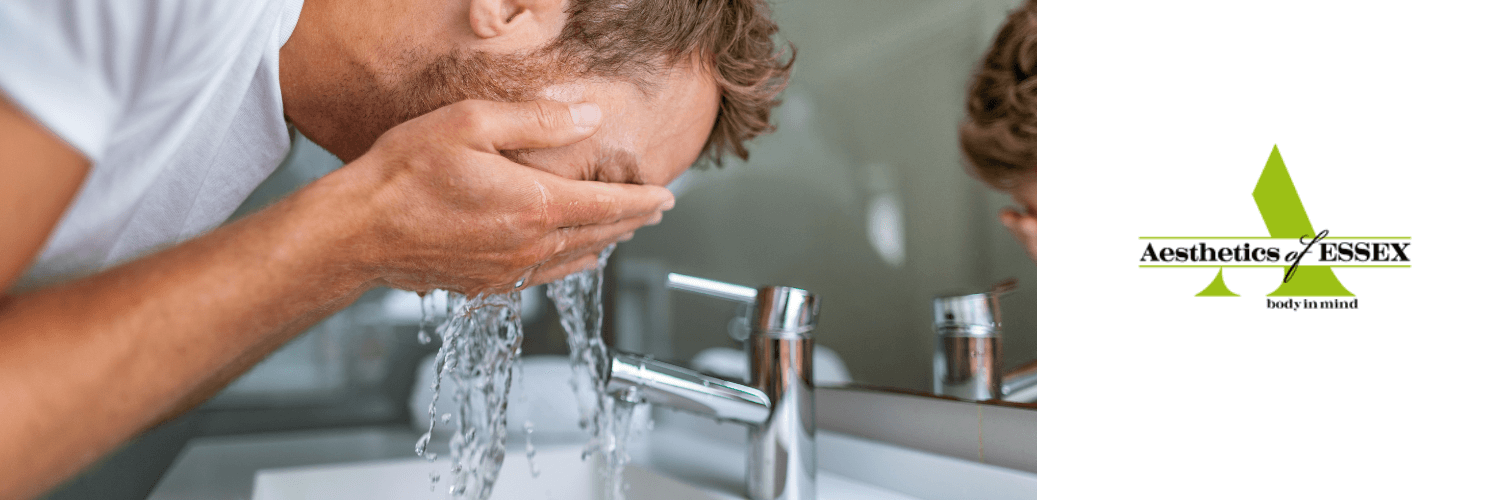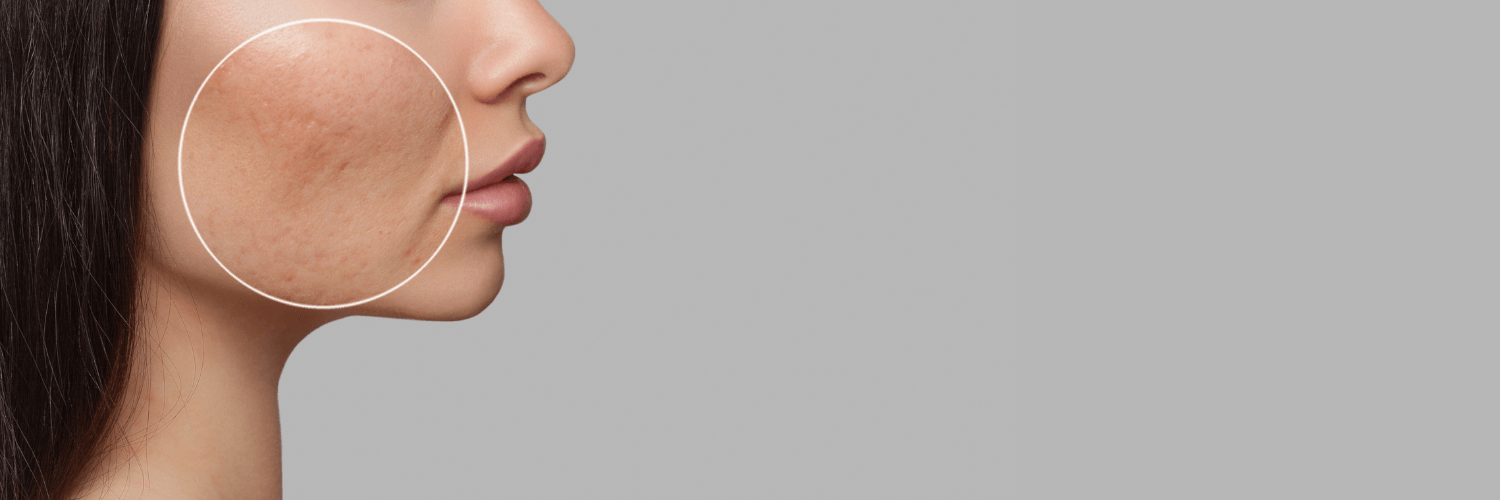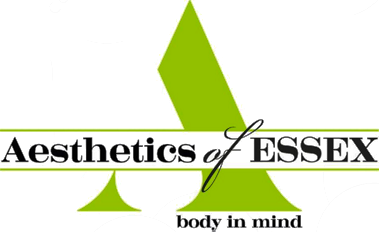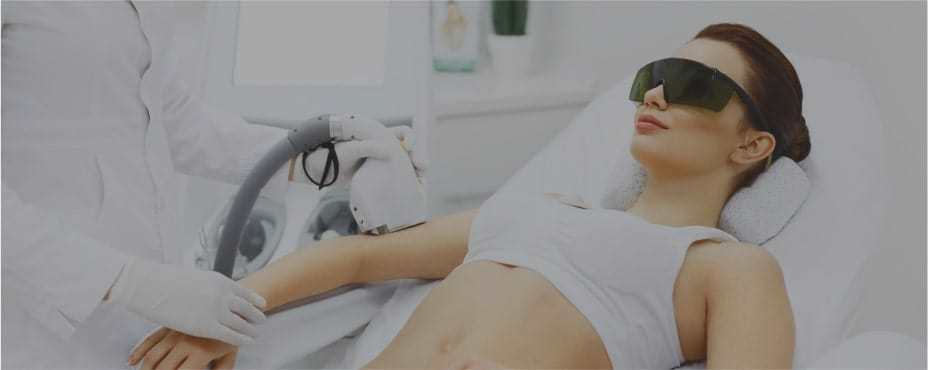Pimples. Pustules. Papules. Blackheads. Whiteheads.
Did you think they were reserved for the teenage years? If only that were true.
Acne breakouts can occur at any time in your life. Strongly related to hormonal changes, they can be caused by a wide range of factors, including the menstrual cycle, birth control pills, stress, diet and lifestyle, medication, the menopause, skincare products, your genes – and, of course, mask-wearing.
So, what can you do to get rid of them?
Here we take a look at some of the most effective ways to tackle those stubborn spots.
Change your day-to-day skin habits
To treat mild-moderate acne, simple changes to your daily skincare routine can make all the difference – helping to both manage the symptoms of acne and prevent future breakouts.
This can include:
1. Washing twice daily
People often assume that acne occurs due to poor hygiene. But this simply isn’t true. In fact, cleaning excessively – particularly using scented soaps – can often do more harm than good.
Ideally, you should aim to wash your face just twice a day, once in the morning and once in the evening. Use mild soap and warm water. And to help clean away any excess bacteria and hydrate the skin, we recommend using natural GLO products, such as GLO Clarifying Toner and Conditioning Spritz.
The only exception to this rule is after strenuous activity or exercise. Sweat that is left on the skin can lead to further breakouts. So, following a workout, make sure you jump in the shower.
2. Avoiding make-up
When suffering from acne, you should try to avoid make-up as much as possible. But we understand; spots can make you feel very self-conscious – and you may wish to cover the blemishes with a foundation or concealer. If so, try to choose products that are oil-free and non-comedogenic, as these won’t clog your pores. And always remember to remove make-up before you go to bed.
3. Applying ice packs
It may be a little uncomfortable, but ice packs are an effective home-based acne treatment. By applying the ice to the affected area, you can help to reduce inflammation and redness. This both physically reduces the size of your pimples and makes them less noticeable.

Acne treatments
Sometimes, if you’re suffering from a particularly severe bout of acne, the simple changes outlined above may not be enough – and you may need an acne treatment to tackle the outbreak.
Some of the most popular include:
1. Salicylic acid
Salicylic acid is a beta hydroxy acid that is often used to help treat stubborn acne.
It’s a particularly good option for whiteheads and blackheads. Applied via a cream or serum, the acid penetrates the skin and dissolves the bonds between the surface skin cells. This process helps to unclog your pores, exfoliate the skin and – over time – can reduce the appearance of angry spots.
If you’d like to try this acne treatment, we recommend GLO Renew Serum. This is formulated with 1% anti-acne salicylic acid and is easy to incorporate into your daily cleansing routine.
2. Topical treatments
Numerous topical acne treatments can be bought over-the-counter. These often come in the form of a cream, lotion, cleansing pad or gel and typically contain Benzoyl Peroxide. This is a well-known ingredient for fighting acne, which helps to kill bacteria under the skin and reduce inflammation.
Topical treatments usually need to be applied once or twice a day and improvements can be seen in just a few weeks. But they can sometimes cause additional irritation. So, before applying it to the affected area, it’s worth putting a small amount on an area of skin that hasn’t been affected by acne.
3. Antibiotics
In addition to topical treatments, antibiotics can also be prescribed by your GP.
These are an effective acne treatment for severe cases. Taken as a tablet, the antibiotics circulate throughout the body – helping to clear the skin of acne-causing bacteria and reducing any swelling. However, they can have some side effects and a 4-6 month course is usually required.
4. Non-pharmaceutical treatments
Last but not least; there are now several non-pharmaceutical treatments that can successfully reduce the symptoms of acne – including LED light therapy and chemical skin peels. Both of these treatments are currently available, here at Aesthetics of Essex. And they’re a fantastic option for people who have tried the other options and are still struggling with their breakout.

Contact Aesthetics of Essex today
If you’d like further tips on how to treat acne or have a question about any of the acne treatments described in this blog, please don’t hesitate to get in touch. Our team has excellent knowledge about the causes of an acne breakout and the best acne treatments currently available. Simply give us a call on 01708 225555 or send an email to info@aestheticsofessex.co.uk and we’ll get back to you.

